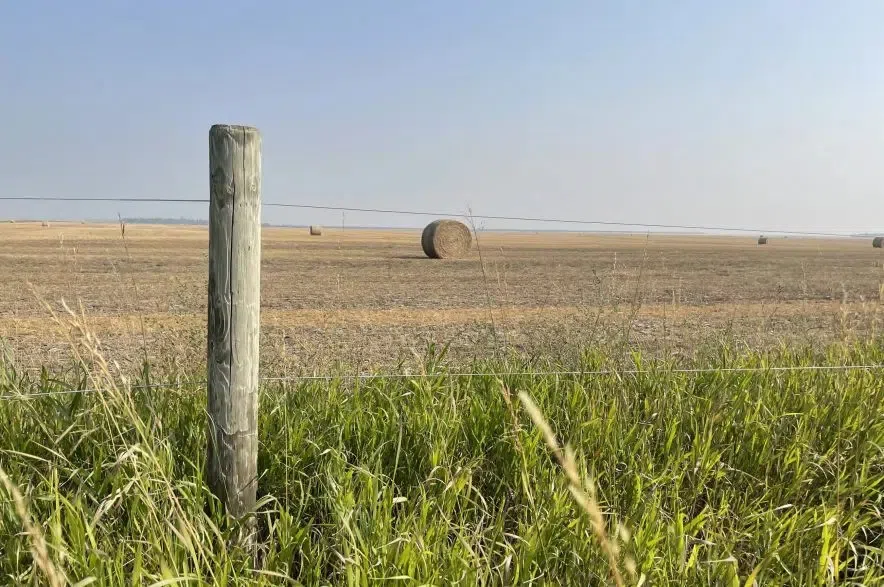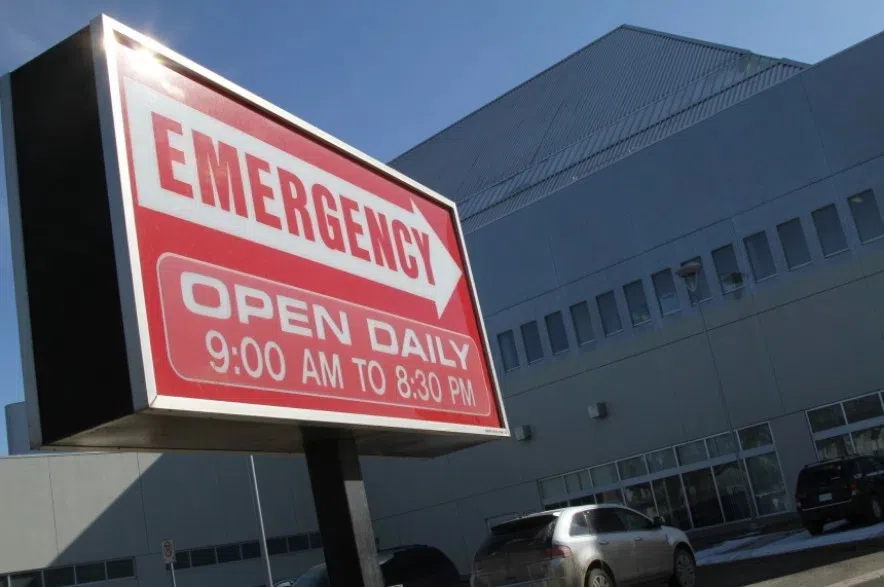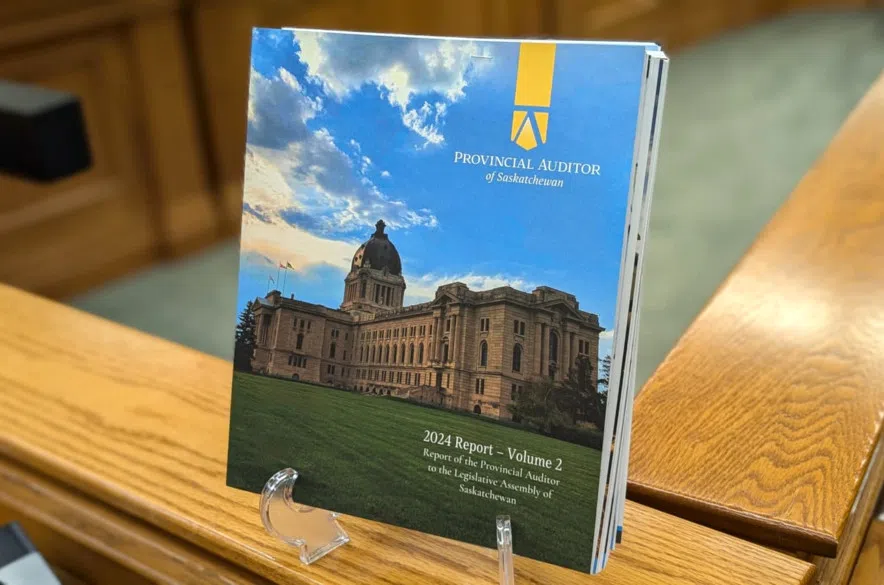Saskatchewan’s provincial auditor Tara Clemett released a report on Tuesday outlining government programs and services that need improvement.
Here are four key takeaways from the Dec. 3 report:
Read more:
- NDP crying foul as Willowview Recovery Centre still not open
- Sask. government act would deliver on affordability election promises
Social Services needs to do better with hotel rooms
Before March 2024, the Ministry of Social Services didn’t consider value when finding last-resort hotel rooms for its clients, according to Clemett.
The auditor’s officer examined the ministry’s processes for procuring the hotel rooms, and determined it’s not doing a good job of tracking things.
In March, the ministry began two pilot projects after an outcry over apparently inflated rates that were charged by hotels owned or invested in by then-Sask. Party MLA Gary Grewal.
One secured a block of rooms at a fixed rate to be used when needed, the second required workers to get three quotes for hotel rates.
In the report, Clemett said the ministry needs to do better in collecting reliable and robust data for these programs to determine whether they’re working.
“In that specific pilot scenario, they are paying for damages to those hotel rooms,” explained Clemett.
“You would want to understand just what was the extent of payments that were (made) there, and is that probably working? Or what do you need to do differently from your end? Going forward, what if you’re going to negotiate again? What should the amount of rooms be, and should we continue to pay damages?”
The auditor’s report also recommended the ministry publicly disclose payments made to vendors like hotels, to increase transparency.

Farmland transactions are reviewed after the fact and the Farm Land Security Board needs to do better, the auditor said in the Dec. 3, 2024 report. (Gillian Massie/980 CJME)
More oversight needed for farmland ownership
In Saskatchewan, foreign entities can’t own more than 10 acres of farmland without an exemption issued by the Farm Land Security Board — 140 exemptions have been granted in the last five years.
The auditor’s report noted that farmland value increased by about 15 per cent in 2023 — the highest increase in Canada — and there are worries and speculation that foreign ownership could help to drive up those prices.
In her audit, Clemett found the Farm Land Security Board needs to do better in its oversight of farmland ownership.
Transactions are reviewed after the fact, and the report said that needs to be done more quickly and in a more thorough manner.
The report said that for half of the 18 purchases that were tested by the auditor’s office, statutory ownership declarations weren’t requested, which would have helped the board determine if foreign entities were buying Saskatchewan farmland.
The report said five orders have been given since 2020 for land to be sold, but it said there might be more instances of inappropriate purchases or leases that haven’t been addressed by the board.
There were also eight transactions the auditor identified where the board still can’t determine whether the purchase was in compliance because not enough information was given, and no further action was taken.
Clemett also said the board should have escalation procedures to address when the board’s communication and requests for documentation are ignored.
Need to deal with vacant social housing units in Regina
The auditor’s report said the Ministry of Social Services need to come up with plans to get vacant social housing units back into use in Regina.
According to the report, as of May, 2024 there were 534 vacant units in Regina, with 364 out of service, and 404 households waiting for units.
The auditor’s officer estimates the cost of holding those chronically vacant units to be $1.2 million dollars each year.
Clemett said the housing corporation needs to do more to reduce the number of units where the condition is critical or poor.
The report also found the corporation should re-visit its mix of units. At the time of the audit, 51 per cent of the homes were designated for seniors, while 49 were for families or single persons. However the demand was 25 per cent for seniors, and 75 per cent for families or single persons.

Missed deadlines for sending critical incident reports in to the health ministry got significantly worse since the audit in 2020, the Dec. 3, 2024 report said. (980 CJME file photo)
Improvements needed for Ministry of Health critical incident reports
Clemett’s office also went back to assess how ministries are doing on past recommendations — and Clemett said missed deadlines for sending critical incident reports in to the health ministry got significantly worse since the audit in 2020.
She said 90 per cent of critical incident reports were received later than the 60-day legislated requirement, and 94 per cent of the 340 incident recommendations that were provided either weren’t implemented or had passed their implementation dates.
Clemett said the ministry doesn’t sufficiently enforce those deadlines, or compliance.
“(Health) said that their focus, from that ministry standpoint, was making sure that the reports they get from healthcare organizations are complete and have let those corrective action plans that make sense. Then they are going to focus on … the report should come in timely,” said Clemett.
In the report, the auditor also pointed out that no patient safety alerts have been issued to implement system-wide improvements since 2019. She said the ministry needs to figure out a process on when those alerts should be issued.
Read more:











